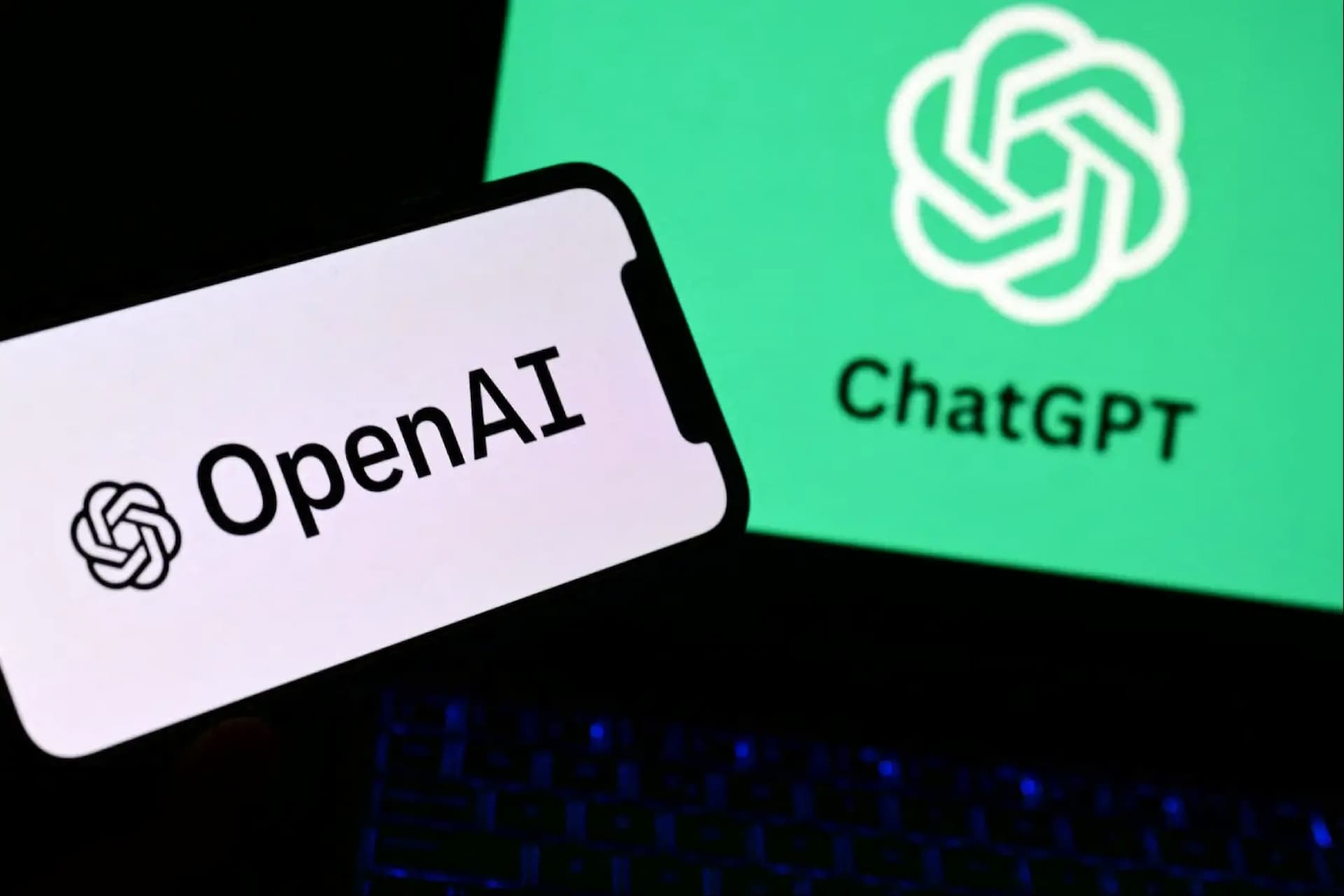OpenAI sets new rules for teen safety in AI use
Age prediction and identity checks are among OpenAI’s measures to protect young users.

OpenAI has outlined a new framework for balancing safety, privacy and freedom in its AI systems, with a strong focus on teenagers.
The company stressed that conversations with AI often involve sensitive personal information, which should be treated with the same level of protection as communications with doctors or lawyers.
At the same time, it aims to grant adult users broad freedom to direct AI responses, provided safety boundaries are respected.
The situation changes for younger users. Teenagers are seen as requiring stricter safeguards, with safety taking priority over privacy and freedom. OpenAI is developing age-prediction tools to identify users under 18, and where uncertainty exists, it will assume the user is a teenager.
In some regions, identity verification may also be required to confirm age, a step the company admits reduces privacy but argues is essential for protecting minors.
Teen users will face tighter restrictions on certain types of content. ChatGPT will be trained not to engage in flirtatious exchanges, and sensitive issues such as self-harm will be carefully managed.
If signs of suicidal thoughts appear, the company says it will first try to alert parents. Where there is imminent risk and parents cannot be reached, OpenAI is prepared to notify the authorities.
The new approach raises questions about privacy trade-offs, the accuracy of age prediction, and the handling of false classifications.


